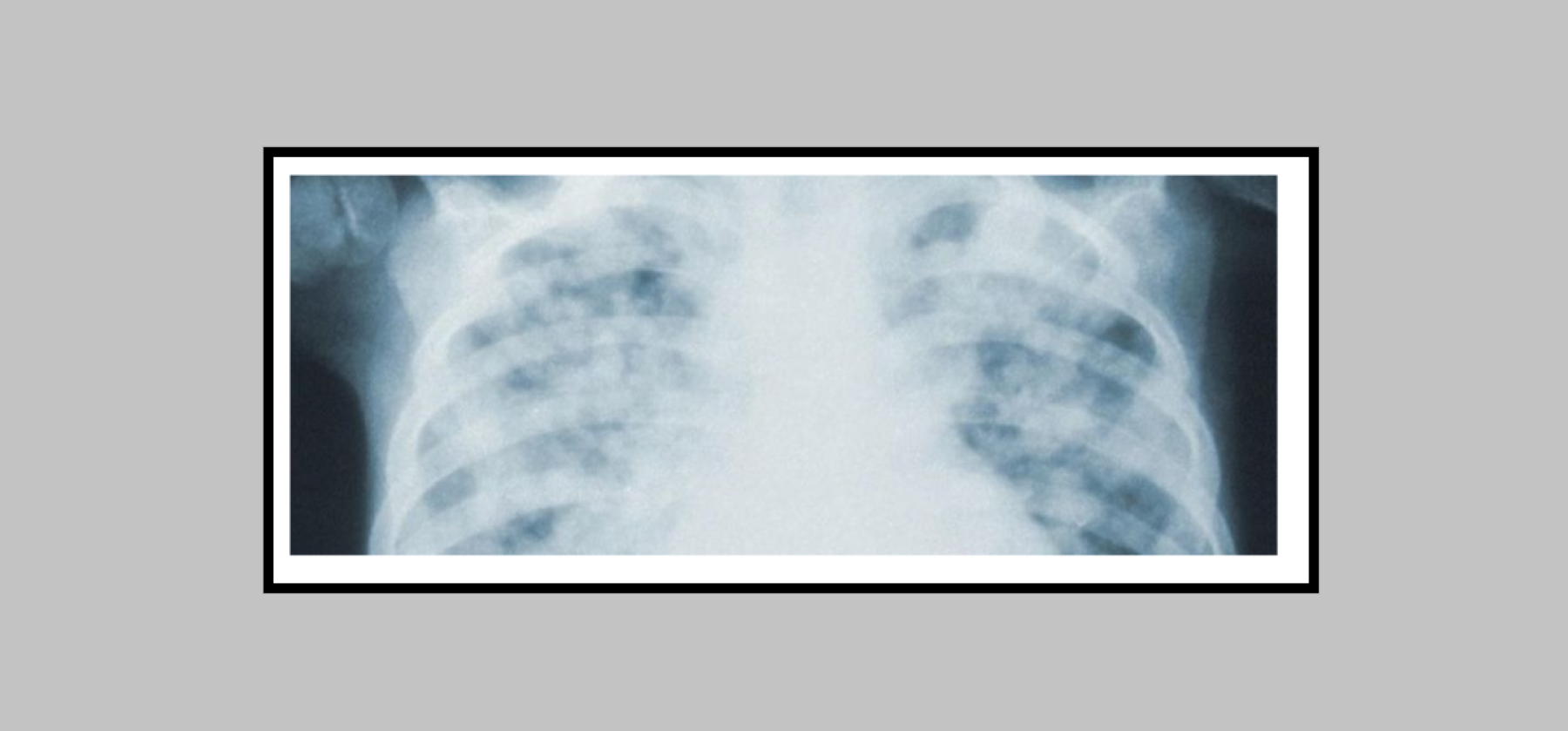NBA players use it to reduce sweat and increase their grip on the basketball. Rock guitarists like the way it stops their fingers from sliding on the fretboard. Everyday people appreciate it for all kinds of hygiene and beauty uses.
In all walks of life, there are plenty of reasons to use talcum powder. But given its long, complicated history with illnesses like mesothelioma and cancer, is the current version on store shelves safe to use — or are manufacturers trying to get away with something?
It’s a smart question — and the veteran attorneys at Serling & Abramson, P.C. are the right people to ask. Our law firm has decades of experience litigating cases involving contaminated talcum powder and will review your situation free of charge.
Talcum Powder’s Tangled History
The talcum powder/asbestos connection is well-known these days. Just doing a simple online search of the words “talcum powder” brings up article after article discussing recent legal cases and known safety risks. But why are the two so closely connected?
Talc is a mineral known for its silky texture and moisture-absorbing properties. Because it is mined underground, talc often contains contaminants that must be filtered out (usually heavy metals like cadmium, cobalt, copper, iron and others).
Talc ore can also contain trace amounts of asbestos, a proven carcinogen — simply because it tends to grow in or near talc deposits. As early as 1955, medical literature had established that asbestos causes mesothelioma and other cancers.
Over the decades, thousands of lawsuits against health and beauty companies slowly made it clear that some products containing talcum powder sold in stores were contaminated with asbestos — and that using products containing talcum could lead to health conditions including mesothelioma, lung cancer, and ovarian cancer (due to talcum’s frequent use by women).
In short, the dangers of using asbestos-containing talcum powder products far outweighed the beauty and hygiene benefits.
An Industry Begins To Change
After several beauty-product giants were forced to pay out billions to plaintiffs, changes began to take place. Many companies, including Johnson & Johnson, finally stopped selling talcum-based baby powder in the U.S. and Canada and now offer a version with a cornstarch substitute.
However, it still pays to use caution. Many companies are still making and selling products that contain talcum powder and hoping regular shoppers don’t notice. Because talc is considered a cosmetic mineral and is not regulated by the U.S. Food and Drug Administration (FDA), it doesn’t undergo the strict testing of other substances that are directly swallowed — despite the fact that it can be absorbed by the body or ingested by mistake.
In addition, many companies claim to produce asbestos-free talc products while using outdated industry tests — meaning their potentially asbestos-contaminated products are still finding their way onto store shelves.
Be An Eagle-Eyed Consumer
If you’ve read this far and the facts seem cloudier than ever, we’ll give it to you straight: The answer to “Is today’s talcum powder safe to use?” is a qualified no.
While not all talc is contaminated with asbestos, the way it is mined makes it too easy to be contaminated by nearby asbestos. Safety standards and guidelines at the product manufacturing stage are still not strict enough to feel good about using talcum powder and associated products.
Serling & Abramson, P.C.’s advice: Try to find products that use cornstarch instead of talc. (For example, instead of a generic name like “Baby Powder,” look for a product labeled “Cornstarch Baby Powder.”) Cornstarch is found to work just as well as talc in most respects and provide similar benefits.
Give yourself extra time while shopping to review the ingredient lists when purchasing products that could contain talcum powder. These include:
- Baby/body powders
- Face powders
- Makeup foundations
- Eyeshadows
- Blush/highlighter/contour powders
- Deodorants
- Feminine wipes/powders
- Chewing gum
- Food-based anticaking agents
- Ceramics
- Pottery
- Paints
- Roofing materials
- Joint compounds
- Plastics/rubbers
- Countertops
- Adhesives
- Foot powder
And many more
A Law Firm Devoted To Righting Past Wrongs
Being vigilant about ingredients is the best path forward for avoiding talcum powder that could be contaminated with asbestos. But that doesn’t undo the damage you may have already experienced via long-term exposure — or the suffering you’ve already been through.
If you or a loved one believe you’ve developed mesothelioma or a form of cancer from using contaminated talcum powder, the experts at Serling & Abramson, P.C. have a long history in this field along with deep compassion for your experience. We have decades of success taking on corporations when their products have endangered consumers’ safety as more and more cases are brought to light.
Contact us a free review of your case and help us bring more companies to accountability.




